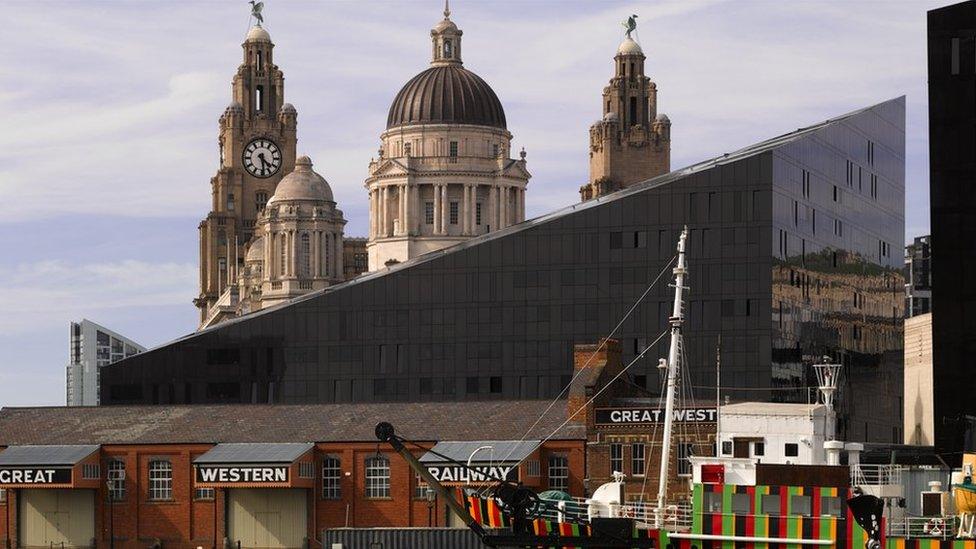Covid rules: Stoke, Coventry and Slough face tighter restrictions in tier 2
- Published
- comments
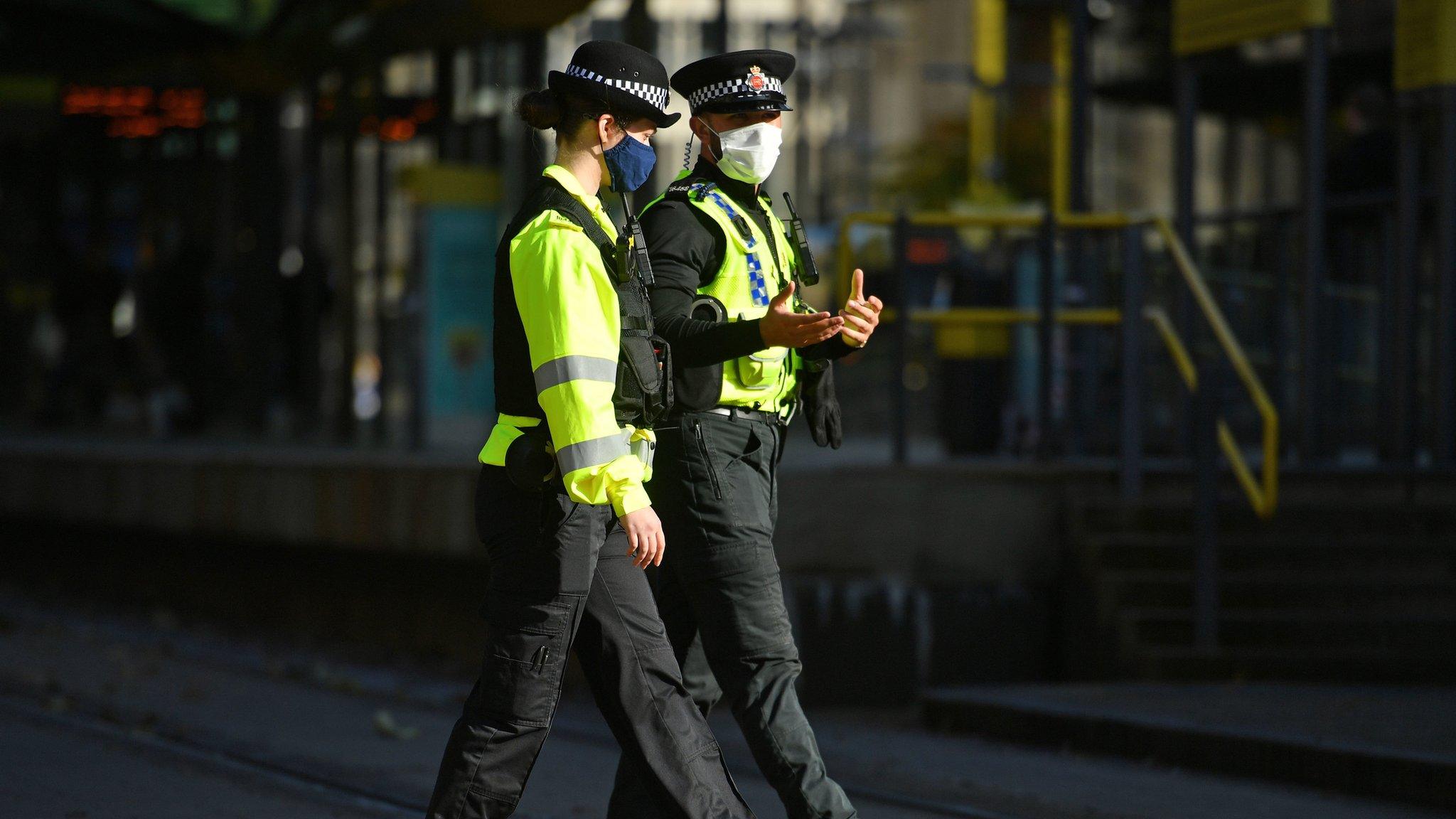
Stoke-on-Trent, Coventry and Slough are to move into tier two restrictions on Saturday, the government has announced.
Health Secretary Matt Hancock said in all of these areas the infection rate was over 100 per 100,000 people.
Mr Hancock also said discussions were under way over moving Warrington into the highest level of restrictions.
It comes as a minister said people should inform themselves about which rules apply to their area amid complaints the system is confusing.
Mr Hancock told the House of Commons the new restrictions would come into force in Stoke-on-Trent, Coventry and Slough on 00:01 on Saturday.
Stoke-on-Trent City Council had asked Mr Hancock for the area to be placed into "high" tier two restrictions amid a rise in infection rates.
Under the high alert level, there is a ban on households mixing indoors, including in pubs and restaurants, and people are encouraged to reduce their use of public transport.
Mr Hancock said cases in the areas moving into tier two were doubling around every fortnight - "and we're seeing a concerning increase of cases among the over-60s".
Speaking about Warrington, he said: "We will formally start the talks and I hope that we can reach an agreement and a resolution soon."
'Individual duty'
Earlier, the minister for crime and policing, Kit Malthouse, said England's three alert categories involves some "complexity" and recommended people go online to look up the measures.
He said everyone has an "individual duty towards" collective public health.
Police have said the new system makes the rules harder to enforce.
Mr Malthouse told BBC Breakfast that most people were complying and the number of fines issued by police was "tiny".
However, he said officers were enforcing the rules where there are people "taking the mickey" - particularly those holding unlicensed music events.
"There's plenty of information out there on the internet where people can go and inform themselves about what the regulations are in their area and that fundamentally is what we would recommend everybody has to do," he said.
"We all need to recognise we have an individual duty towards our collective health and that means informing ourselves about what the regulations are in our area and complying with the rules."
Ian Hopkins, Chief Constable of Greater Manchester Police, told BBC Radio Manchester that officers are still called to around 400 house parties a week - but do not want to give out fines for breaches of coronavirus rules.
He said crime was back at levels last seen before the pandemic.
If you cannot see the look-up, click here, external.
On Wednesday, police officers told the Home Affairs Select Committee that coronavirus restrictions were clear and easy to enforce in the spring, but the tier system introduced this month has made it harder.
Assistant Chief Constable Owen Weatherill, one officer leading the response to the pandemic in England, said he has asked the government to simplify its messages to make them easier for the public to understand.
He told MPs he initially thought there would be "simplified, consistent tiers" under the new alert system - but nuances were "creeping in".
That, he said, leads to people becoming "worn down, confused and less likely to comply" because "they don't know what to comply with".
England Covid-19 tiers: Laura Foster explains the rules
Mr Weatherill said there was further confusion because recent changes mixed regulations, which are enforceable by the police, with guidance, which is not.
Sometimes the police had not seen regulations drafted by the Department of Health until they had come into force, he said.
"I think introducing them in the way that we have done has introduced greater confusion," Mr Weatherhill added.


The committee was also told that only around half of the fixed penalty notices issued during the pandemic have been paid.
Officers told MPs they are focusing on clear breaches of the law, like illegal raves, rather than fining members of the public who are confused.
Andy Rhodes, Chief Constable of Lancashire said his area had been through up to five changes in the rules - and that breaches increased as it moved from tier two to tier three.
"It was almost as if people felt we'll have a last blast," he said.

EASY STEPS: How to keep safe
A SIMPLE GUIDE: What are the symptoms?
GETTING READY: How prepared is the UK?
TRAVEL PLANS: What are your rights?
IN-DEPTH: Coronavirus pandemic


WHAT PLANET ARE WE ON: Sir David Attenborough talks about the impact of the pandemic on tackling climate change
IN NEED OF SOME ESCAPISM?: From the world of Doctor Foster comes Life, a brand new drama on BBC iPlayer

- Published12 January 2021
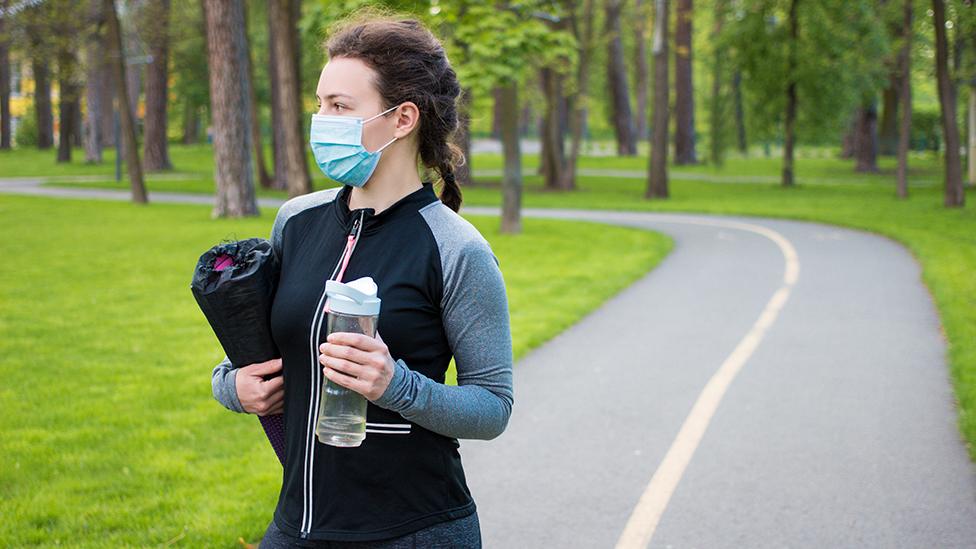
- Published1 July 2022

- Published26 January 2022
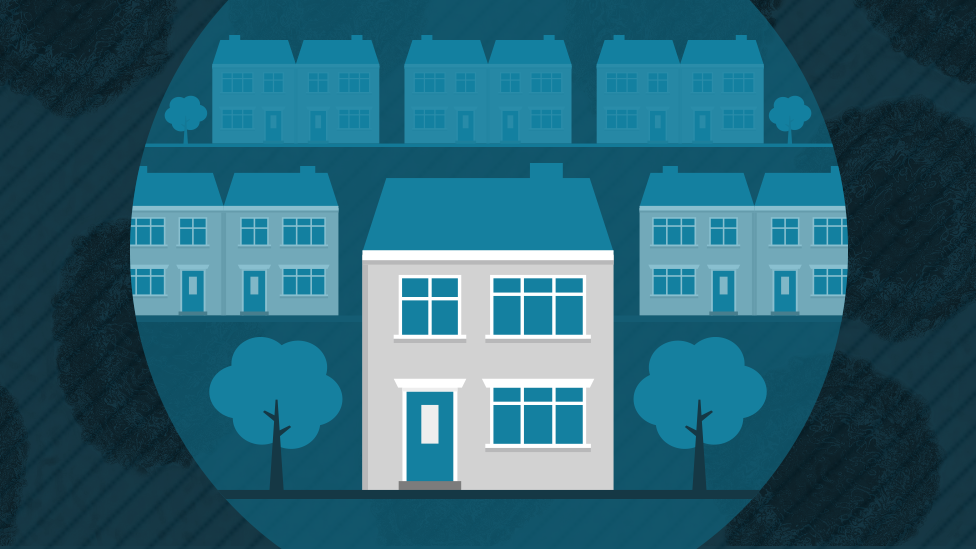
- Published17 August 2021
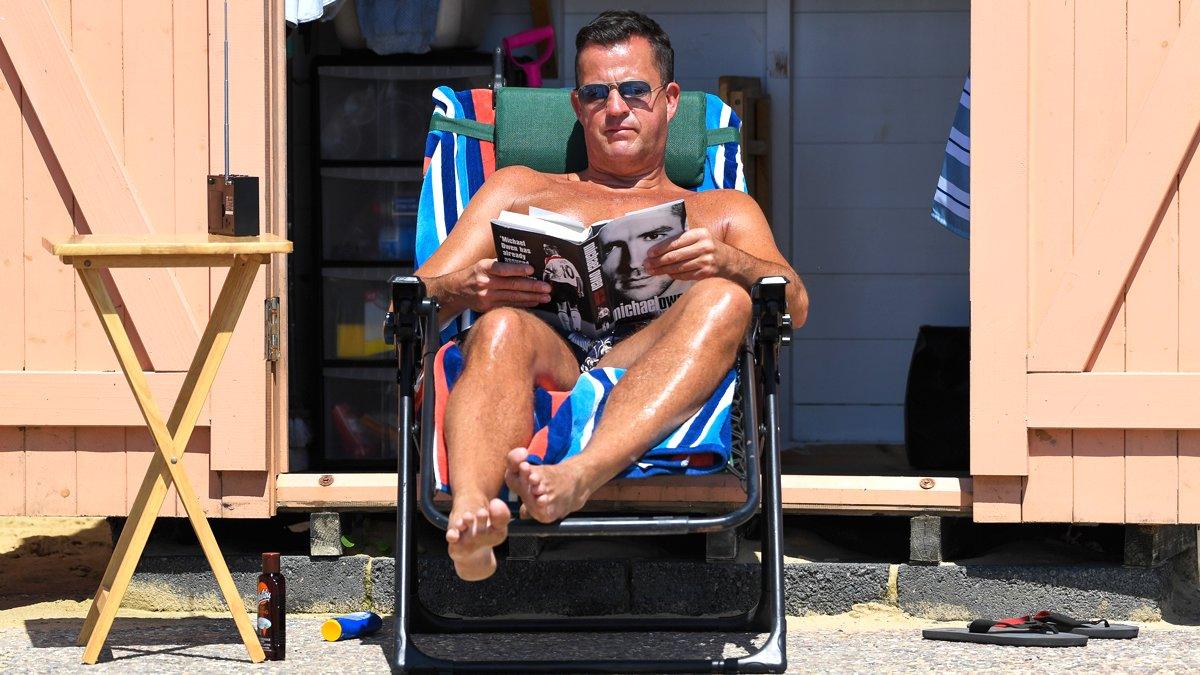
- Published21 October 2020
